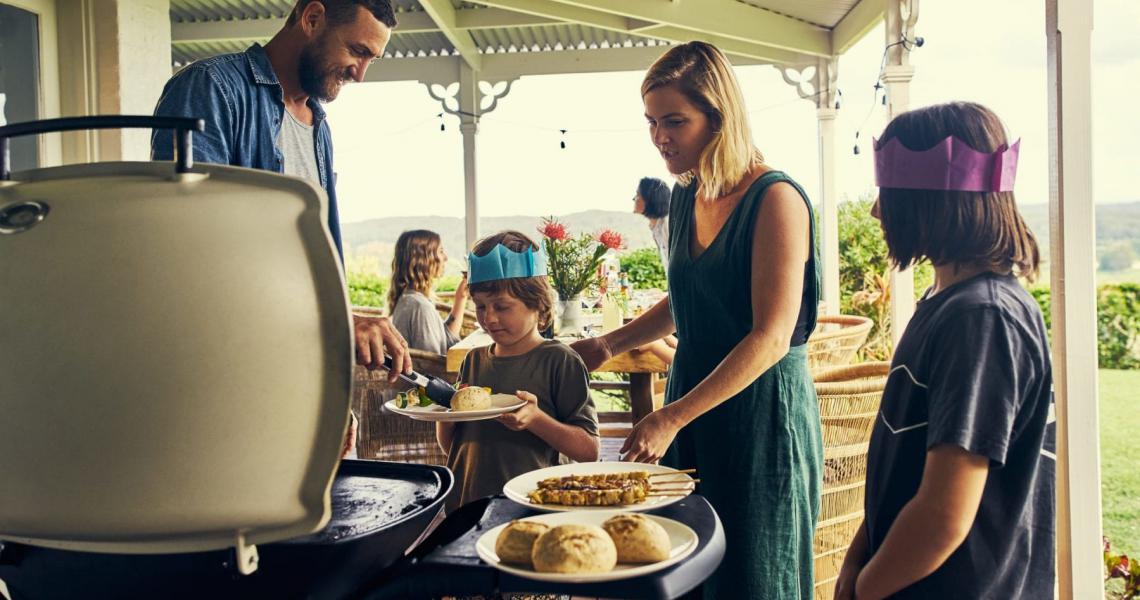Picnic and Barbecue Safety

With summer here, I find myself getting grilled by families about safety precautions they should be taking when they barbecue outside. Well, I don’t want any backyard fireworks to occur, so let me provide some information on this topic.
Keep distance between your child and the grill
First, keep your children away from a grill and the items around the grill before, during, and after you use it.
For example, lighter fluid bottles can look like something your child may want to drink. If they do, a serious and life-threatening poisoning can occur. If you do find think your child may have gotten into lighter fluid, please call the New England Regional Poison Center at 1-800-222-1222.
Set up the grill
Before cooking, make sure your grill is in good working order. Never test it indoors or in a garage. Follow the directions from the manufacturer on how to use your barbecue or grill equipment.
Remember, never leave a grill area unattended with or without children around when it is in use.
Cook your food
As to picnic and barbecue foods, don’t forget to wash your hands before you handle food products.
In preparing food to grill or barbecue, never put cooked food on a dish that was holding raw meat. This includes poultry or fish. Remember that bacteria multiply at between 40 and 140 degrees Farenheit.
To avoid bacteria, keep cold food cold in well-insulated coolers with ice packs. Keep these in the shade. To keep hot foods hot, store in insulated containers until they’re ready to be eaten.
Don’t leave food outside for more than two hours to prevent food poisoning. Remember my motto in regard to how long to leave food out at room temperature: When in doubt, throw it out.
Clean up after
Finally, clean up right after the barbecue, not the next day. Children can come across alcoholic beverages or snacking foods left out. These may choke them without an adult there to supervise. Additionally, they can get burned from a barbecue that is still cooling down.
Speaking of getting burned, don’t bury hot coals in the sand at the beach. Coal remains hot for up to 24 hours, so a child who runs over that spot can sustain severe burns to their feet.
Hopefully tips like these, and I’m not talking about steak tips, will not make you simmer at the possibility of a summer backyard injury the next time you’re out there barbecuing.
Lewis First, MD, is chief of Pediatrics at The University of Vermont Children’s Hospital and chair of the Department of Pediatrics at the University of Vermont College of Medicine.






